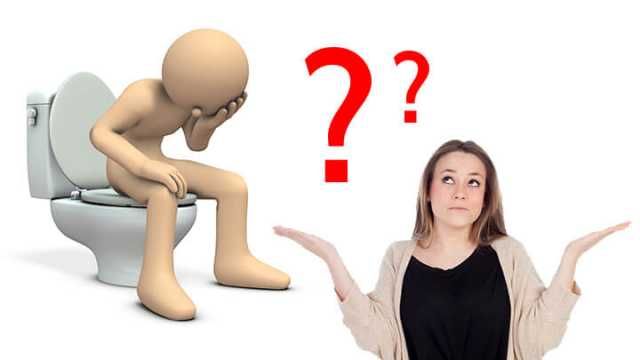
You’ve heard it hundreds of times before: what goes in, must come out. But, strangely enough, it doesn’t seem to apply to you. The food keeps going in, but very little seems to be coming out the other end. How does that work? And where’s all that food going?
It might seem like a laughing matter on the surface, but constipation is an all too common problem afflicting millions of Americans. Dietary malnutrition, poor posture, stress and a range of other factors have all conspired to prevent the average American from pooping as regularly as they should.
You probably don’t want to know more details on pooping. But what you do want to know is how to resolve your problem, stat. I’ll get to that later in the article. But first, let’s look at why you should resolve your problem naturally and holistically. Don’t simply pop a few laxatives and call it a day.
The problem with pooping from laxatives
Rather than running to your nearest drug store for a strong laxative, think long and hard (sorry, pun not intended) about whether you want to put any more junk into your body. Because that’s exactly what laxatives are. These products have been designed by pharmaceutical companies not with your health in mind, but with one simple goal: bowel movement.
And while this may seem like a benevolent enough goal on the surface, it’s doing anything but good to your body and specifically your digestive tract. Laxatives are designed to either add more bulk to your poop or to stimulate your digestive system to expel any food waste ASAP.
The first type of laxative works by increasing the volume of your fecal matter as it makes it way through your intestines, thus encouraging your body to expel it more quickly. While okay in the short term, long-term use of these bulking laxatives can irritate the gut and actually make your digestive problems much worse. You may poop in the short term, but your gut isn’t going to like it.
Some laxatives can damage your gut lining
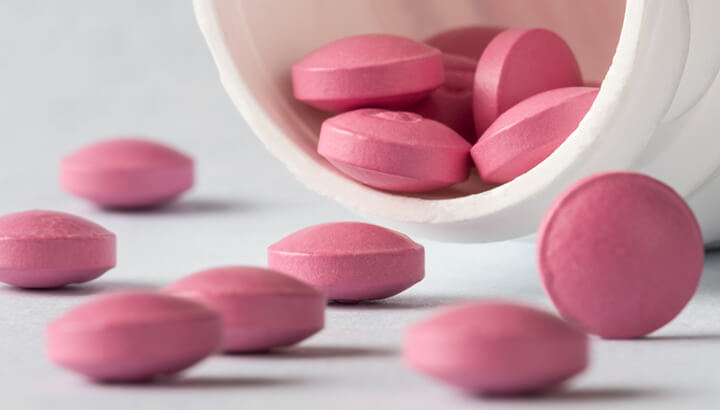
Stimulant laxatives, the other main form of laxative on the market, are even worse. They make you poop by irritating the lining of your intestinal tract, which forces your guts to expel any food wastes they contain at the time. Such laxatives actually damage your gut lining. They also dehydrate your intestinal walls and impose severe electrolyte imbalances on your system that can cause extensive damage if not quickly rectified.
For a healthier, more permanent solution to your constipation woes, you need to look at the causative agents that are preventing your poop in the first place. Identifying these and resolving them as soon as possible will not only restore the old adage “what goes in, must come out” in your body, it’ll have your health looking better than ever.
Problem: You’re not getting enough carbs
Many recent diets, such as the Atkins diet and the low-carb diet, have taught us that carbohydrates are evil. And while many people are indeed getting too much carbs in their diet, they’re still necessary for basic digestive function… and that includes your pooping prowess.
A lack of carbohydrate-rich foods in your diet can mean that you’re either not getting enough soluble or insoluble fiber. Soluble fiber provides necessary food for your beneficial gut bacteria to do what they need to do to keep you happy and healthy. A healthy gut micro-biome guarantees efficient nutrient absorption and elevated immune function. Both of these are necessary for a healthy digestive system and a regular poop cycle.
Insoluble fiber is the type that you would find in a pack of Metamucil. This kind of fiber makes your poop bulkier. As I discussed earlier, this encourages your intestines to expel waste quicker than it otherwise would.
Solution: Ensure you’re eating whole-food carbohydrates
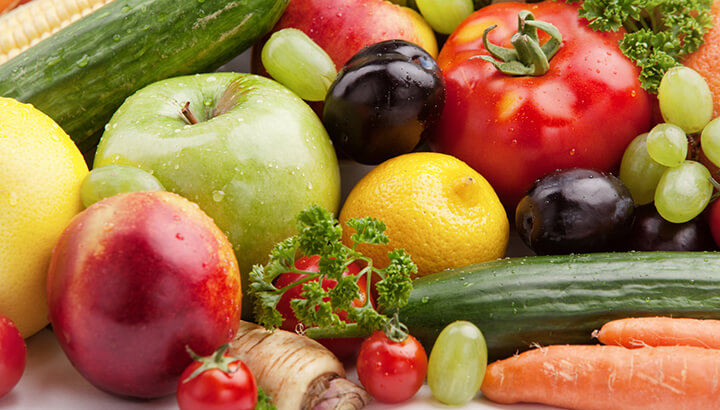
Before we go any further, I need to make something very clear: I do not mean whole grain bread or other wheat-based products when I say “whole-food carbohydrates.” As we’ve discussed in countless other articles, the gluten and anti-nutrients found in wheat and other grains is very bad news for your intestinal system. They should be avoided.
However, increasing your intake of healthy carbohydrates from whole vegetable sources can go a long way towards helping your pooping problem. Vegetables such as dark leafy greens, green beans, peas, bell peppers, broccoli and cauliflower all contain high concentrations of insoluble fiber. Good sources of soluble fiber include carrots, sweet potatoes, yams, potatoes, turnips, squash, parsnips, beets and plantains. Getting a balance of both soluble and insoluble fiber-containing vegetables may provide a quick, easy solution to your constipation issue.
Problem: You’re not getting enough healthy fats
That’s right — too little fat in your diet could be causing your poop to back up! Due to decades of misinformation from government-endorsed health officials, most people think that fat of any kind is a bad thing. This couldn’t be any further from the truth, as we rely on both saturated and monounsaturated fats for a wide range of vital functions. Fat is needed not only for hormone production and cell wall construction but also for healthy digestive motility. Therefore, some studies suggest that higher fat diets may lead to increased bowel movements.
Solution: Add plenty of healthy fats into your meals
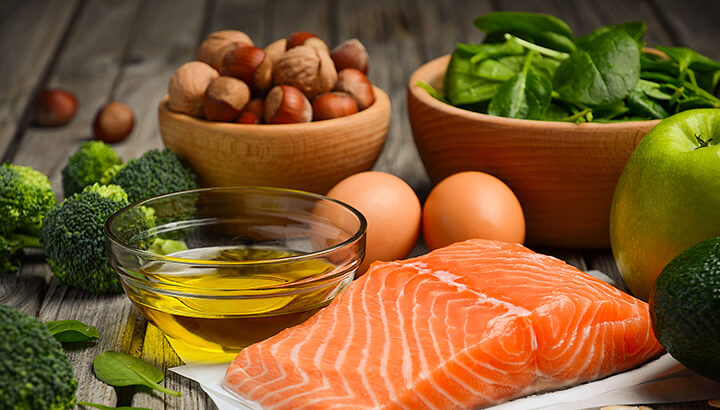
You need more fat, but it has to be the right kind of fat. First of all, discard all your preconceived notions about saturated fats. When they come from the right sources, they’re a very good thing, as we show in this article. Sourcing your saturated fat from sources like grass-fed butter, grass-fed ghee, coconut oil, pastured duck fat, pastured lard and tallow are an excellent way to not only make you poop better but introduce rare nutrients and more taste into your meals.
Aside from saturated fats, there’s always the tried-and-true vegetable fats. These include olive oil, avocado oil and macadamia oil. They all provide a good hit of monounsaturated fats. Add to this a regular dose of cold water fish high in omega-3 fatty acids — like sardines, salmon and mackerel — and you’re onto a winning formula!
Problem: You’re not getting enough salt
It’s at this point that you start shaking your head and thinking, “First more fat and now more salt? This is getting ridiculous!” But, once again, it’s time to banish any ill feelings you harbor towards salt… good salt that is. Highly-refined table salt and the sodium found in most processed foods can elevate the risk of high blood pressure and other cardiovascular disorders. However, many natural, unprocessed forms of salt can actually do the opposite.
If you’ve switched from a typical American diet to a paleo, primal or low-sodium diet, it’s possible that your pooping program has taken a turn for the worse. These diets result in a dramatic drop in sodium intake. And with less sodium, your gut isn’t able to contract as effectively as it other would. This causes your intestinal motility to slow down, contributing to constipation.
Solution: Eat more natural sea salt
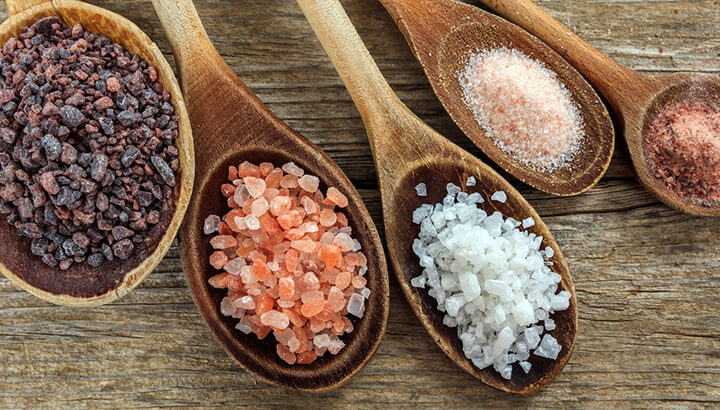
Getting more natural, unrefined sea salts in your diet will go a long way towards restoring your poop routine. Products like Himalayan pink salt and Celtic gray salt provide salt in its original form. They have all the necessary trace minerals still intact, without the bleaches and dyes that make table salt so darn damaging to your health. A healthy sprinkle of these natural salts on each meal should restore your internal electrolyte balance and help ease your constipation.
Problem: You’re not drinking enough water
You’ve been told again and again that you should aim to drink at least eight glasses of water per day. This is one rare piece of government-endorsed advice that’s right on the money. Dehydration is one of the most common causes of constipation. If you’re not getting enough water, your cells become dehydrated. Your body then takes action to prevent any further water from leaving your system.
One such mechanism by which your body expels water is through pooping. So, if you’re constipated, it could be because your body has put your pooping on hold to retain water. Quite impressive, really.
Solution: Drink more water
Out of all the possible solutions to your pooping problems, this one is easily the simplest. Just get more water in your life! Many people are under the misguided impression that drinking beverages like coffee, juice or soda count as “hydration.” However, they actually cause your cells to become even more dehydrated.
Ditch the processed beverages for plain old water. Filtered or spring water is best, but if you have to drink tap water then so be it. If you need to spruce things up a little, add a splash of fresh lemon juice. You can occasionally mix it up by drinking natural, additive-free coconut water. You should aim to drink around two liters of water per day. Drink even more if you live in a hot, dry climate.
Have you tried any of these pro pooping techniques? Have they worked? Tell us about your pathway back to a healthier toilet regime!
— Liivi Hess

